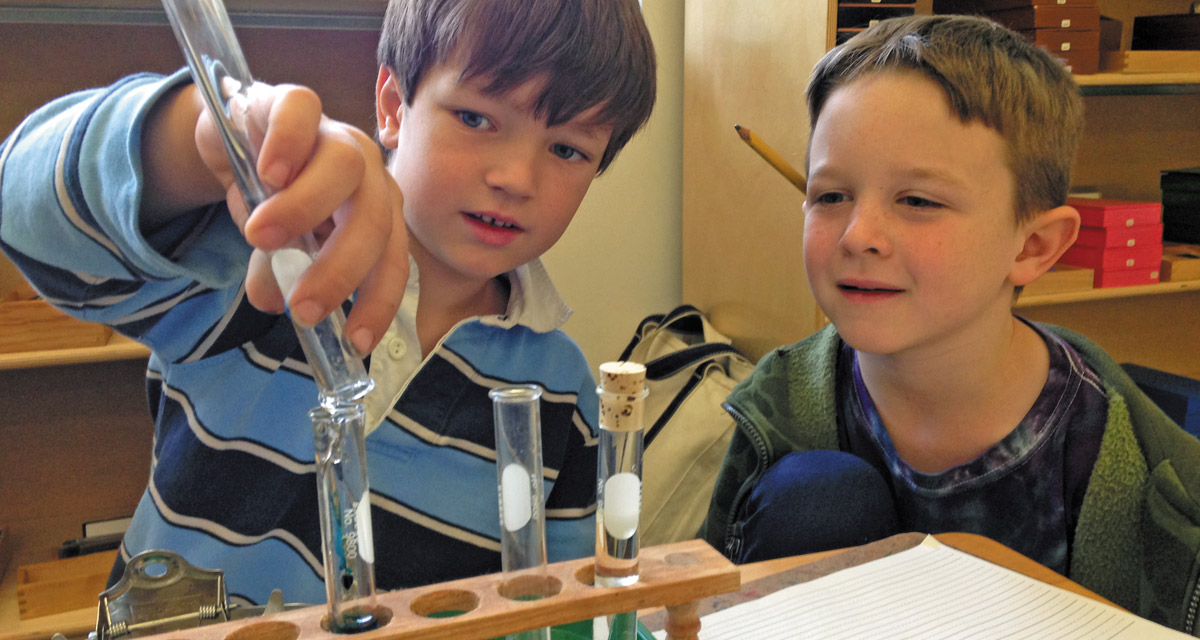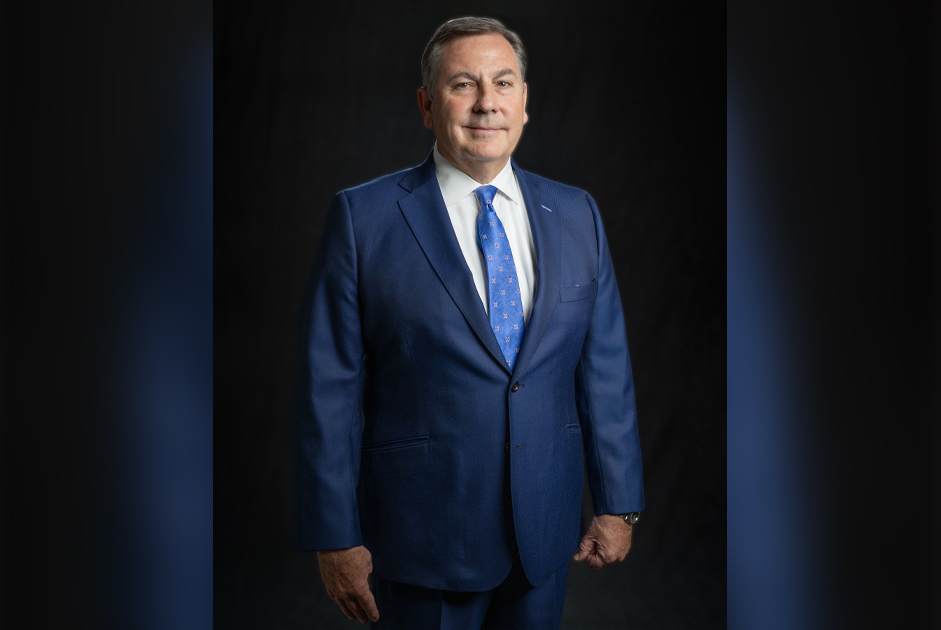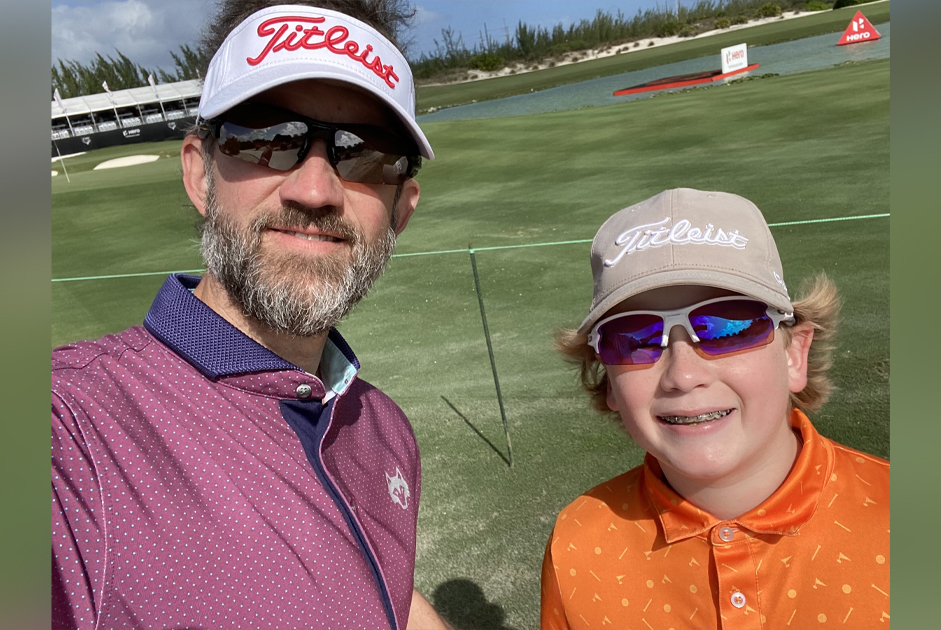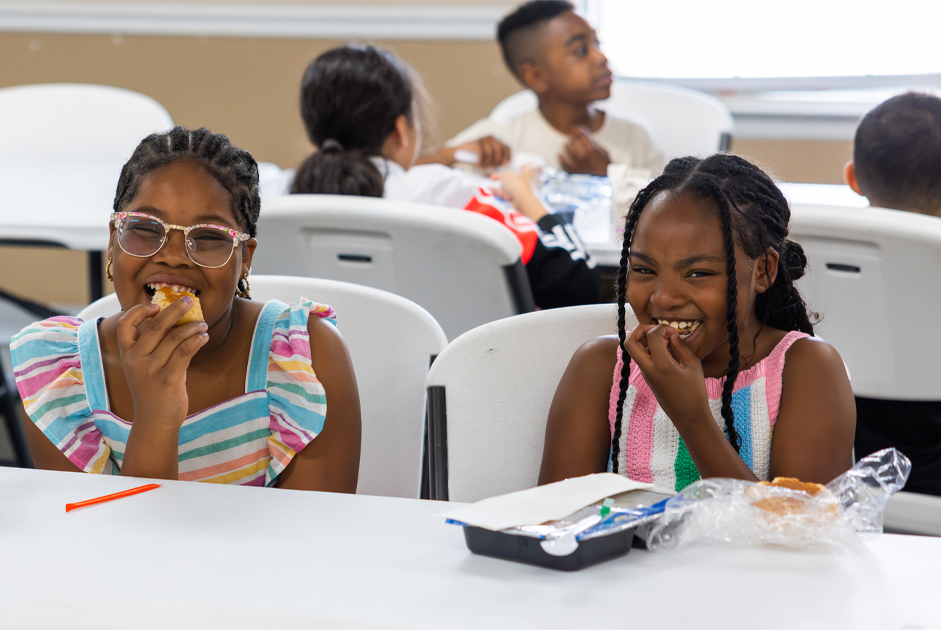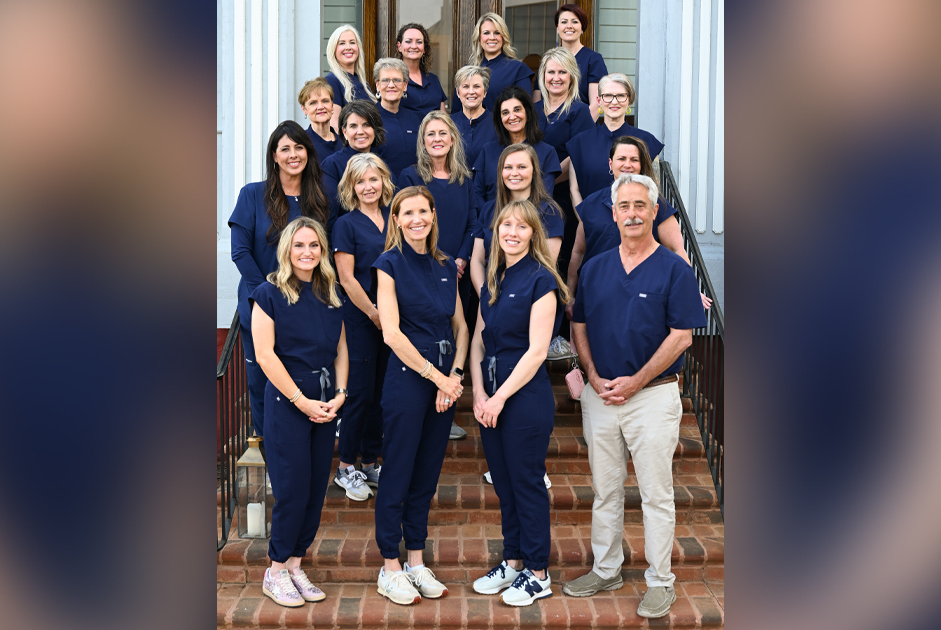For four-and-a-half decades, the Montessori School of Winston-Salem, TMS, has been providing high-quality authentic Montessori Education for children and their families. Originally founded in 1973 in rented space of a local church, with its Children’s House program for 3-6 year-olds, TMS has steadily grown to meet the demand from local parents wanting a different educational experience for their children. With the launch of its Adolescent program this past August, TMS will now serve students from 18 months through 9th grade on two campuses comprised of approximately 15 acres.
“The addition of our North Campus and our 7th through 9th grade Adolescent program certainly brings many exciting and new beginnings. It is the strong foundation of our younger programs, however, that has made this newest program possible,” says Head of School and TMS parent, Jon Churn. “While the academics of a TMS Montessori Education are undeniable,” Jon continues, “Our Mission goes far beyond intellectual or academic goals. We view education, as Dr. Montessori did, as an aid to life—with each program setting the stage for the next.”
So what does a TMS Montessori Education for life look like? It looks like:
Autonomy & Collaboration
At TMS students are able to hone their collaboration, cooperation, and negotiation skills. Students develop from the earliest ages the vocabulary and skills needed to accept or decline inclusion in others’ work with equanimity, ask for and accept help graciously and resolve conflicts peacefully and respectfully.
Intrinsic Motivation/Love of Learning
The Montessori teacher knows that each child possesses the natural desire to know and that the “work is its own reward.” The TMS curriculum and materials stimulate each child’s natural curiosity and promote engaged exploration and discovery. The child’s freedom to choose his or her work (within limits) nurtures individual initiative and personal responsibility.
Confidence and Competence
Confidence is built upon success. A Montessori environment creates many occasions for success. In the spiraling framework of the Montessori curriculum, each educational experience builds towards another. Each lesson and activity prepares the child for more complex learning to come, providing greater chances of success for the child throughout his experience.
Independence
Each child develops independence through a balance of freedoms and responsibilities. These include self-selection (with guidance) of opportunities for constructive work, care of environment, and care of self and others in the community. With the support of a meticulously prepared environment and the consistent nurturing guidance of the teachers, this balanced structure of freedoms and responsibilities leads to the development of concentration, inner discipline, internalization of the learning and learning strategies and metacognition (thinking about thinking).
Academic Preparation
At TMS, children learn by doing. Academic preparation is achieved by nurturing each child’s natural curiosity into a life-long love of learning. The spiraling nature of the Montessori curriculum, one experience building toward successively complex experiences, creates a learning scaffold for the child. Through the use of the Montessori didactic materials, the child achieves perceptualfirst, and then cognitiveunderstanding, of concepts. The interdisciplinary nature of the curriculum allows the child to make connections between disciplines, leading to deeper understanding and application of skills and knowledge.
Social Responsibility
Independent and autonomous persons are always a part of a group and must attain independence and autonomy through participation in group activity. Students at TMS operate within the carefully crafted, mutually agreed-upon limits of the group. These limits are articulated in the course of the school experience through clearly defined class agreements which are modeled by the guide and the children. Social responsibility develops from the child’s willing adherence to, and enforcement of, these agreements. Children in a Montessori environment attain independence and autonomy and, at the same time, develop social responsibility.
Global Citizenship
From the earliest experiences of negotiating and adjusting one’s behavior with other students through the study of people of various cultures, the Montessori curriculum guides children to move far beyond the family and school, towards global citizenship. Personal responsibility is configured for the child in successively broader terms to include an awareness of the importance of stewardship of the planet. Children acquire civic virtue and an understanding of the natural world and of the necessity to cherish, respect, sustain it and live harmoniously within it.
With an average student to teacher ratio of 11 to 1, The Montessori School of Winston-Salem offers full-day programs, and before- and after-school programs, for all levels. Half-day programs are also available for our Toddler (18 months–3 years old) and Children’s House (3–6 years old). In addition, TMS offers a wide variety of co-curricular programs that include after-school studios, from world languages and cooking to backpacking, as well as fun and engaging summer camps.
TMS is now accepting applications for all levels the 2019-20 School Year. To learn more about what The Montessori School of Winston-Salem and a Montessori education has to offer, contact Brittney Biggs, Director of Admissions, at 336-766-5550 or visit our website to schedule a school tour.

